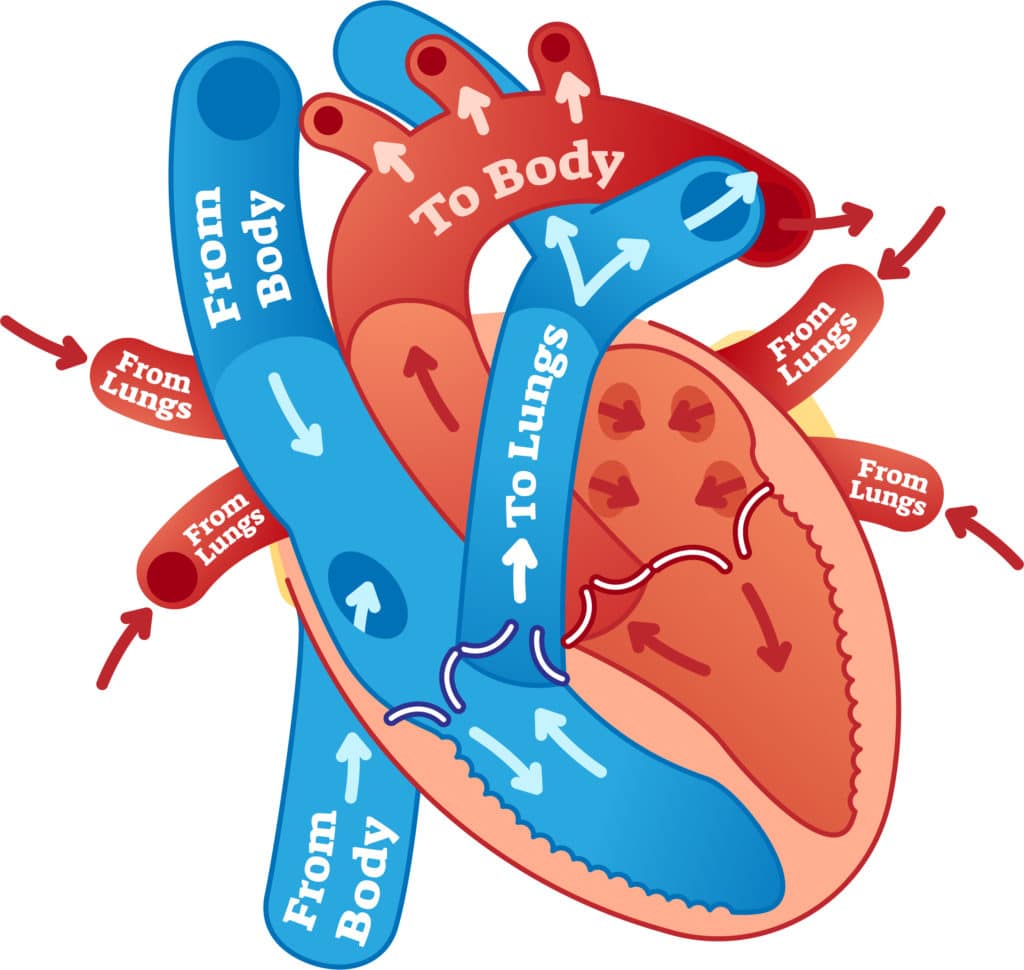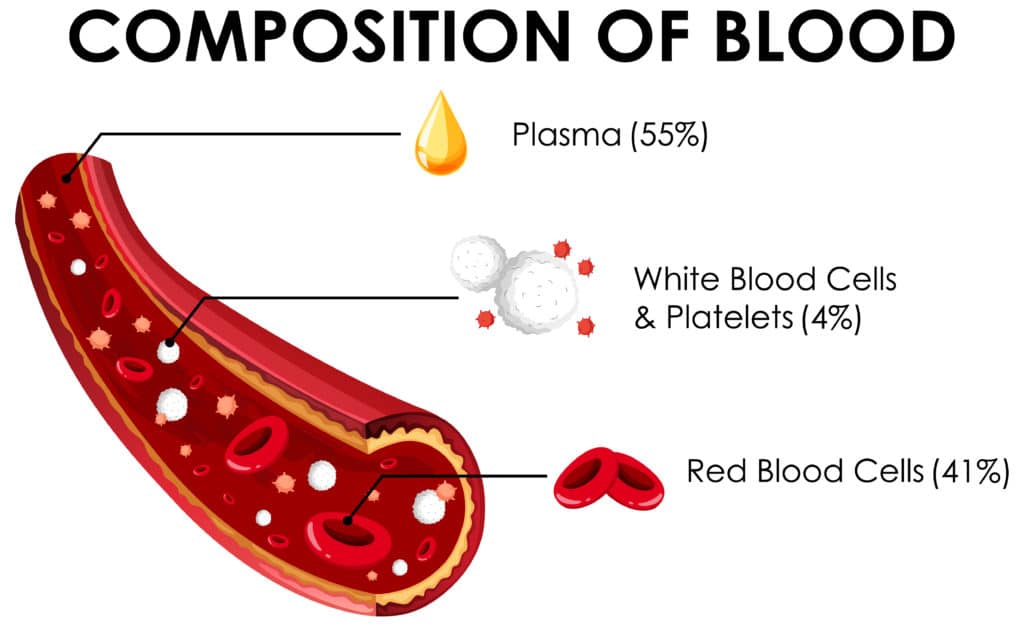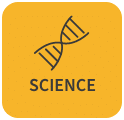Your Circulatory System
Vocabulary
Read the vocabulary terms to understand the reading better.
Arteries
Arteries are the larger tubes that carry blood from the heart to all parts of the body.
Blood Vessels
Blood vessels are a tube-shaped part of the circulatory system, such as an artery, a vein, or a capillary, that blood moves through.
Carbon Dioxide
Carbon dioxide is a clear, colourless, odourless gas that humans breathe out and plants take in.
Circulatory System
The circulatory system is the system that pumps blood from the heart to the lungs to pick up oxygen, then pumps blood throughout the rest of the body.
Heart
The heart is a muscle or organ that constantly pumps blood from the veins into the lungs and throughout the body.
Kidneys
Kidneys are a pair of organs in the abdomen that filter waste products out of the blood and pass them out as urine.
Platelets
Platelets are very tiny disk-shaped particles in the blood of mammals that play an important role in blood clotting.
Veins
Veins are a branching system of tubes that carry blood in the body.
The circulatory system delivers food and oxygen to your body’s cells. These fuels are carried in your blood. Blood takes waste to your kidneys. It also transports messenger chemicals throughout your body.
Have a Heart
Your heart is a muscle about the size of your fist. Blood enters the heart, then gets pumped to the lungs to pick up oxygen. Blood also drops off carbon dioxide in your lungs. This blood then goes back through the heart, where it is pumped throughout your body.
In just one day, your heart beats about 100 000 times. It pumps 7600 L of blood every day. The heart is a very hard-working muscle.

In just one day, your heart beats about 100 000 times
Blood Vessels
Blood vessels are tubes that transport your blood. Arteries carry oxygen-rich blood away from the heart to the cells of your body. Your veins carry the oxygen-poor blood from those cells back to the heart.
This network would be about 100 000 km long, stretched out.

That Amazing Red Stuff
The body of an average adult contains 5 L of blood. Each droplet carries food, chemicals, waste, and billions of blood cells throughout your body.
In each drop of blood there are:
375 000 white blood cells fight germs and infections
13 000 000 platelets help your blood form scabs
250 000 000 red blood cells carry the oxygen cells need

To learn more about your circulatory system, watch the video by Smile and Learn on YouTube.
Show What You Know!
Complete some questions about the reading selection by clicking “Begin Questions” below.









